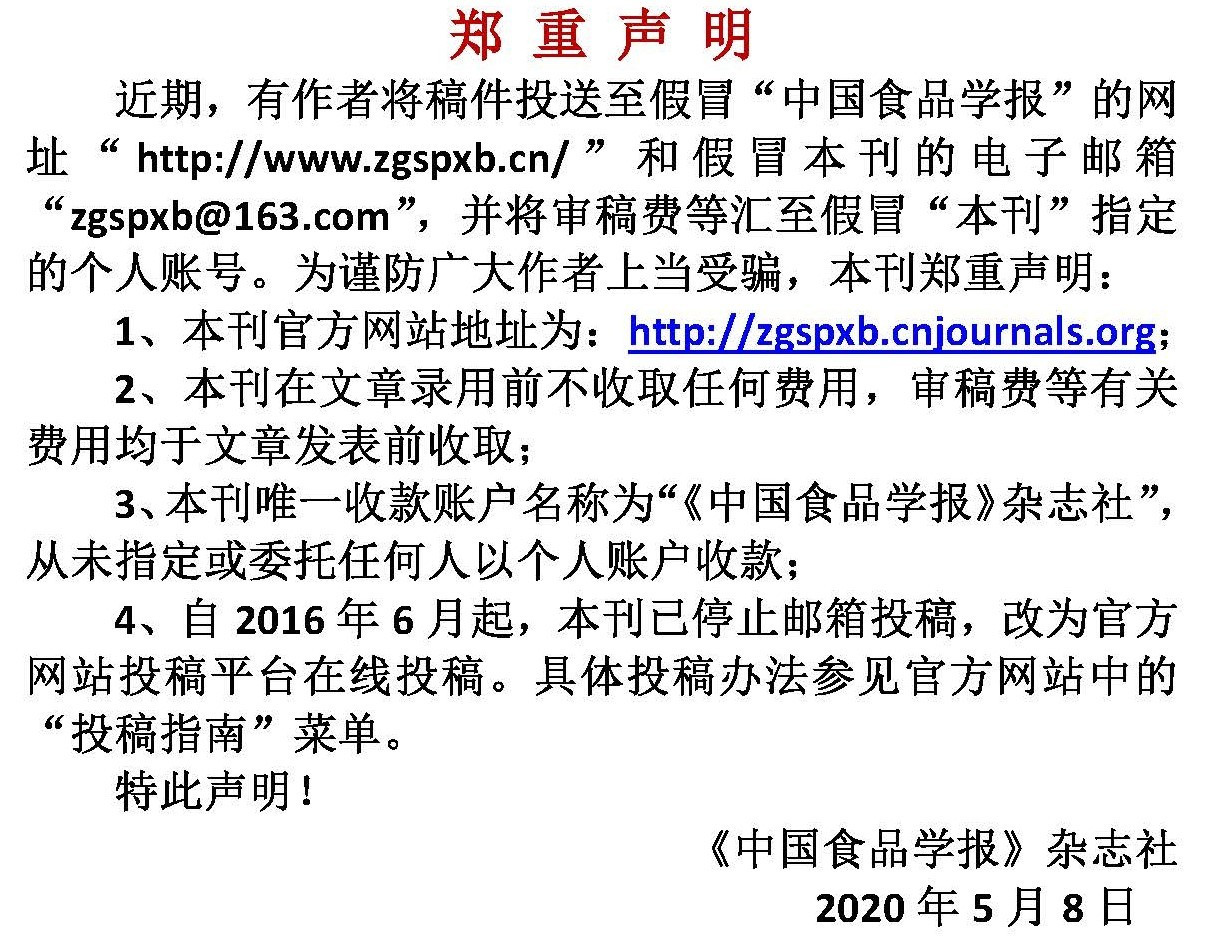let-7d-5p介导姜黄素的抗氧化作用
作者:
作者单位:
作者简介:
通讯作者:
中图分类号:
基金项目:
国家自然科学基金项目(31771972);福建省自然科学基金项目(2017J01447,2020J01676);福建省省属高校科研专项基金资助项目(JK2017026);福建省自然科学基金青年创新项目(2019J05096)
let-7d-5p Mediated Antioxidant Activity of Curcumin
Author:
Affiliation:
Fund Project:
引用本文
李媛媛;陈玮鑫;曾珺;刘静雯;李健;李桂玲. let-7d-5p介导姜黄素的抗氧化作用[J].中国食品学报,2021,21(6):19-25
复制分享
文章指标
- 点击次数:
- 下载次数:
- HTML阅读次数:
历史
- 收稿日期:
- 最后修改日期:
- 录用日期:
- 在线发布日期: 2021-07-16
- 出版日期:
版权所有 :《中国食品学报》杂志社 京ICP备09084417号-4
地址 :北京市海淀区阜成路北三街8号9层 邮政编码 :100048
电话 :010-65223596 65265375 电子邮箱 :chinaspxb@vip.163.com
技术支持:北京勤云科技发展有限公司
地址 :北京市海淀区阜成路北三街8号9层 邮政编码 :100048
电话 :010-65223596 65265375 电子邮箱 :chinaspxb@vip.163.com
技术支持:北京勤云科技发展有限公司
